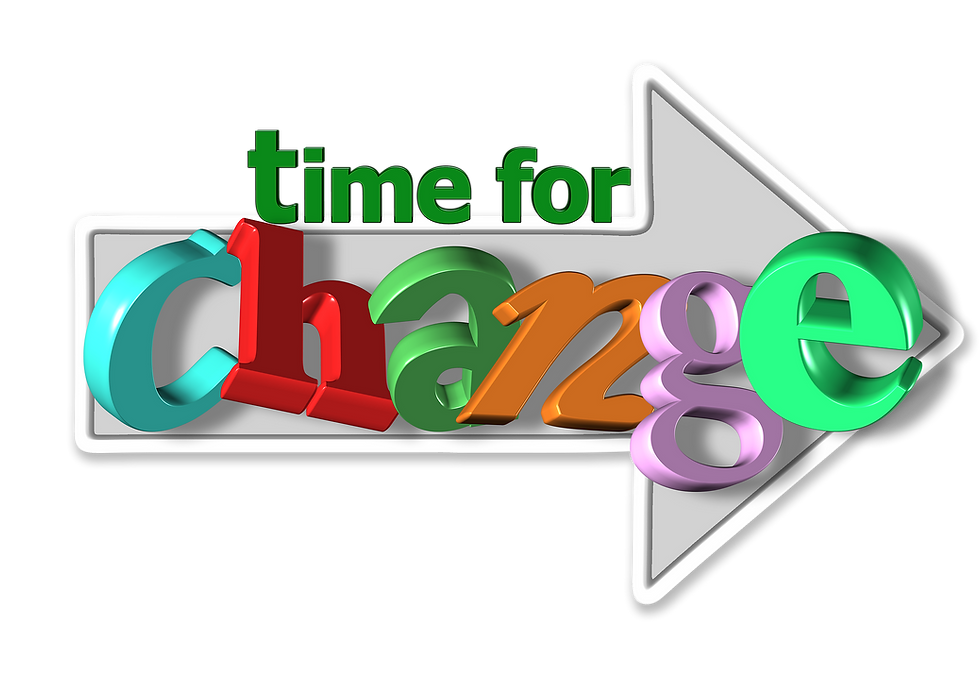New year = New beginnings?
- jivandempsey5

- Jan 31, 2021
- 3 min read

New Year = New Beginning?. A time for rebirth, making resolutions, and achieving all those things we didn’t last year. In one sense, yes, the start of a new calendar year is a practical marker, a good place to start or restart — especially if we’ve had some well-earned relaxation and indulgence over Christmas. But it’s more helpful to be mindful of what goals we set and how than when we set them.
At this time of year, every year, there’s a glut of articles about how many people don’t keep their New Year’s resolutions (it’s around 80%), why they don’t keep them, and what can be done about it. We see our friends and peers on social media too, posting that their “dry January” has only lasted 48 hours, or that they’ve already given up on their exercise regime. In that sense, New Year’s resolutions have, outwardly at least, become a harmless annual joke to many people.
But if sustainable goals are set realistically and mindfully, they can be an incredibly positive force, particularly when we’re still near the middle of winter — and especially now, when the world can often feel doom-laden.
You may have heard of the SMART method for setting goals. It’s an idea that’s been around for years and has almost become a cliché in everything from wellbeing and management consultancy. That said, the SMART method does offer a valuable starting point when thinking about healthy goals. There are a few variations, but it’s basically an acronym for Specific, Measurable, Achievable, Relevant, and Time-Bound.
What we want to focus on here are the measurable and achievable parts of goals. It’s easy for us to say “I want to be more healthy” or “I want to get a new job”, or even to set wildly unrealistic targets. But if we set goals that are vague or obviously beyond our reach, we instantly set ourselves up for a fall. Then, when we don’t achieve them, we can beat ourselves up for being a “failure”.
Alternatively, we might set an achievable goal but within an unrealistic time-frame. And again, not hitting a target that was already out-of-reach can mean the inner recriminations start flying. If, for example, we’re trying to lose weight but have given in and eaten chocolate after a stressful day, we might then punish ourselves by eating less healthily than we did in the first place.
Whatever time of year you’re setting yourself goals, it’s important to remember that yes, a healthy goal stretches you and challenges you to go beyond where you currently are — it wouldn’t be a goal otherwise — but overstretching yourself puts you at an instant disadvantage and can trigger all kinds of negative self-talk.
It’s equally important to know that even if you’ve set yourself a specific, realistic goal, and you fall short, it’s okay. Heaping pressure on yourself and mentally punishing yourself is counter-productive, although it can often be an ingrained response that we need to recognise and work to counter.
Be kind to yourself and know that it’s okay to start again. Even if it’s the middle of February, your effort is still equally valid.
If any of this sounds familiar to you, whatever resolutions or goals you set yourself, then feel free to reach out to me and we can discuss it, without judgment, and look at how you might be able to best orientate your specific goal.






Comments